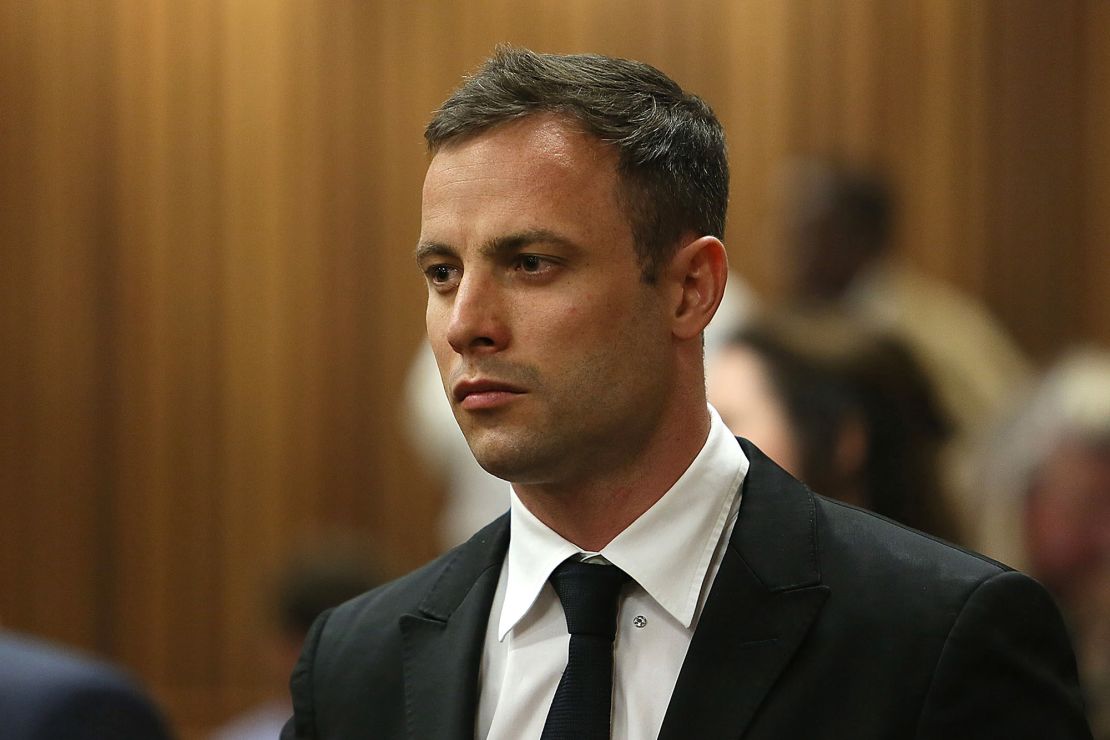South Africa’s former Olympic runner, Oscar Pistorius, has been released on parole, marking a pivotal moment in a saga that began almost 11 years ago with the tragic shooting of his girlfriend, Reeva Steenkamp. The release follows more than half of Pistorius’s 13-year jail sentence for the 2013 murder.
Pistorius, famously known as the “Blade Runner” for his carbon-fibre prosthetics, left Atteridgeville prison quietly, sidestepping the media frenzy that had gathered outside. The Department of Correctional Services confirmed his admission into the Community Corrections system and his return home.
The crime, committed on Valentine’s Day 2013, shook the world as Pistorius fired four shots through the bathroom door of his Pretoria residence, claiming he mistook Steenkamp for an intruder. The subsequent trial, numerous appeals, and a guilty verdict in 2017 have kept this case in the public eye.
Questions Arise
1. Why was Pistorius released on parole?
South African law allows for parole consideration after serving half of one’s sentence. Despite a previous denial due to incomplete detention periods, the Constitutional Court ruled in October that the initial decision was a mistake, leading to Pistorius’s successful November parole hearing.
2. How is the victim’s family reacting?
June Steenkamp, Reeva’s mother, issued a statement expressing acceptance of the justice system’s decision and parole conditions. However, she emphasized the enduring pain for those left behind, stating, “We, who remain behind, are the ones serving a life sentence.”
3. What are the parole conditions?
Pistorius faces strict parole conditions until 2029, including mandatory therapy for anger and gender-based violence issues. He is prohibited from consuming alcohol and other substances, must complete community service, and adhere to specified home hours. These conditions, according to June Steenkamp, signal a strong stance against gender-based violence by the South African justice system.
Complex Sentiments
The announcement of Pistorius’s parole has stirred complex sentiments within South Africa and beyond. While the legal system adheres to its parole framework, the moral and emotional dimensions of the case remain poignant.
Reeva Steenkamp’s tragic death, the subsequent legal battles, and the nuanced conditions of Pistorius’s parole underscore the intricate intersection of justice, personal responsibility, and societal messages against gender-based violence. As the “Blade Runner” resumes life outside prison, the impact of this chapter in South African justice will undoubtedly resonate for years to come.














